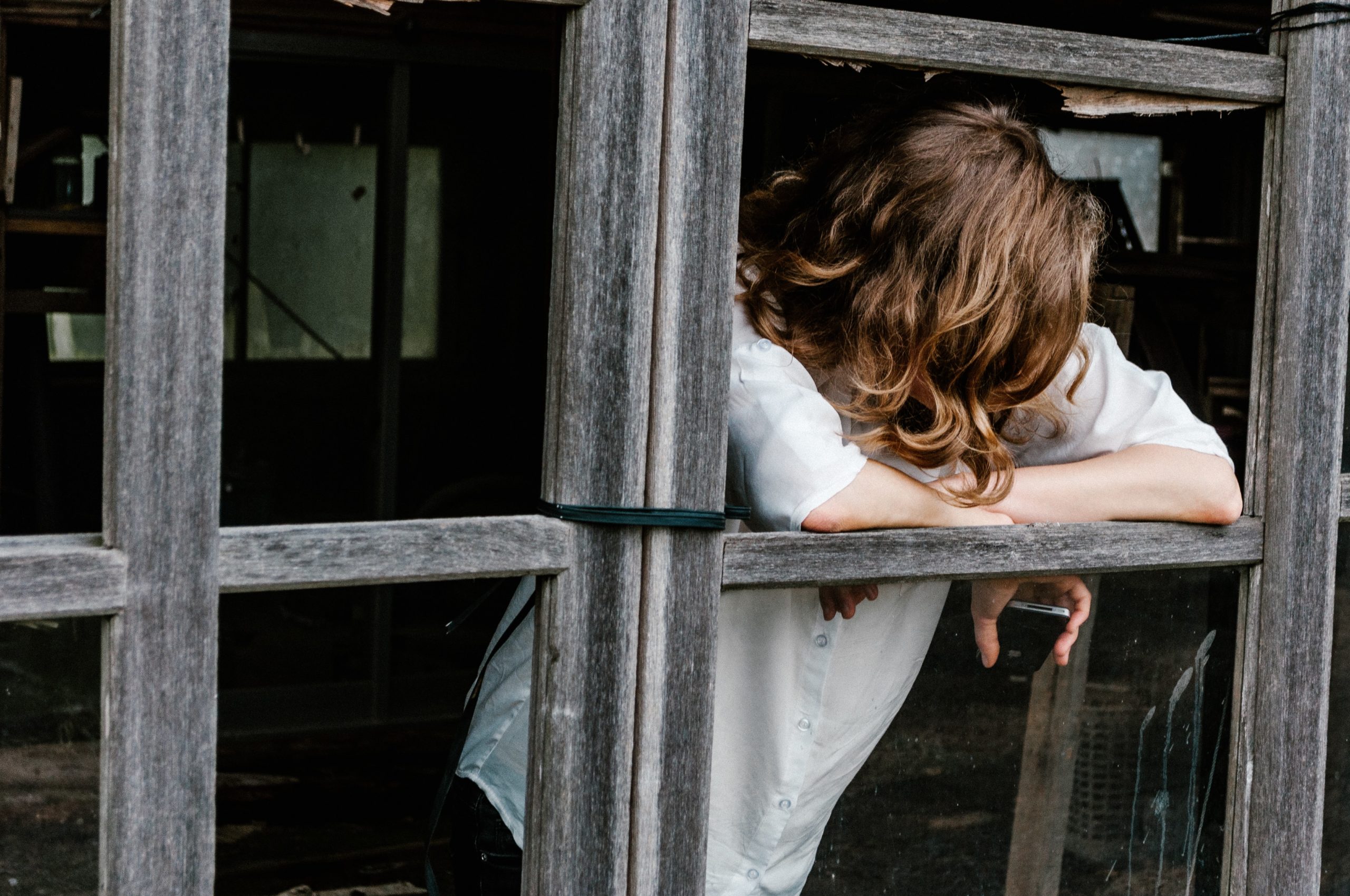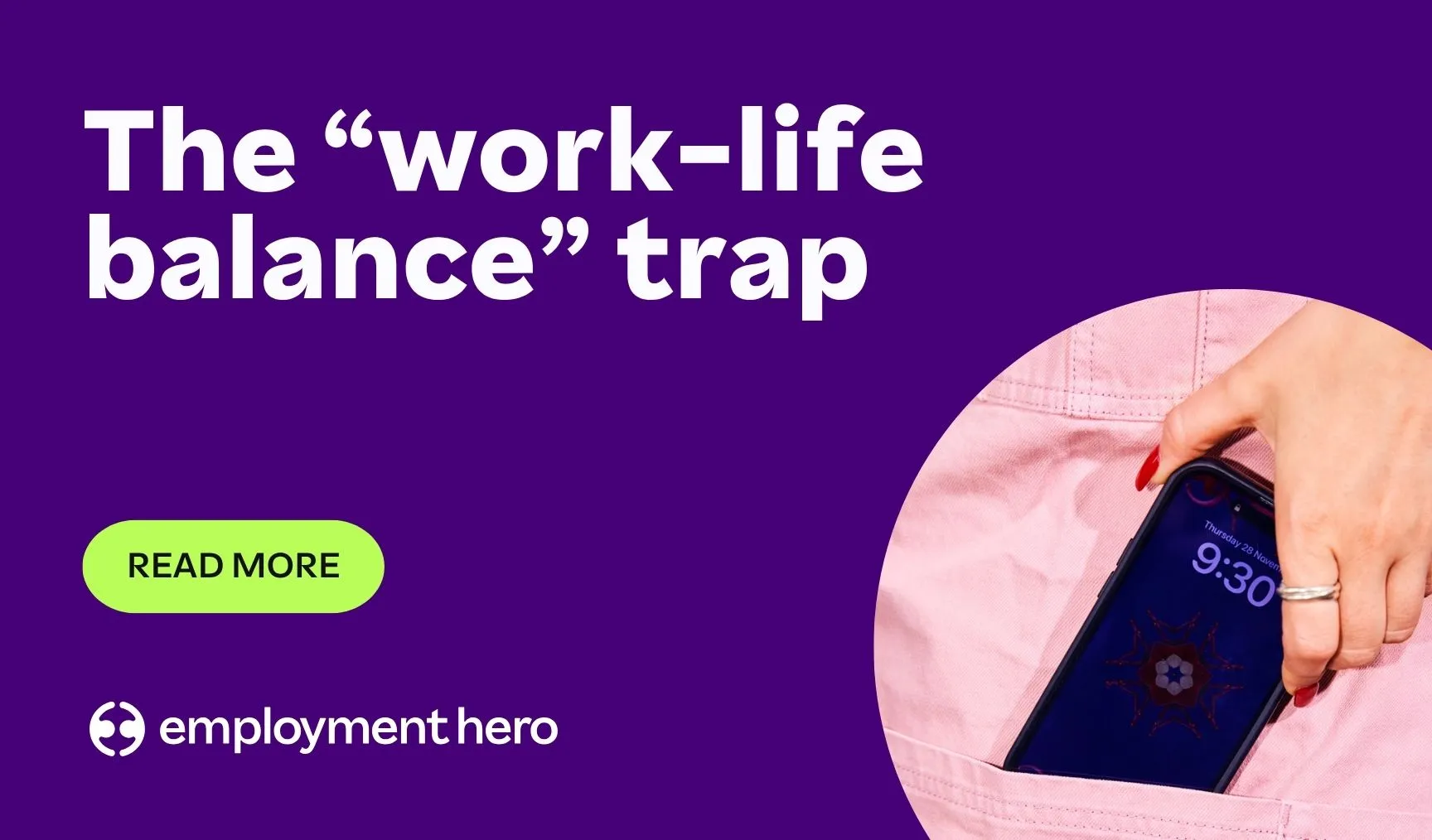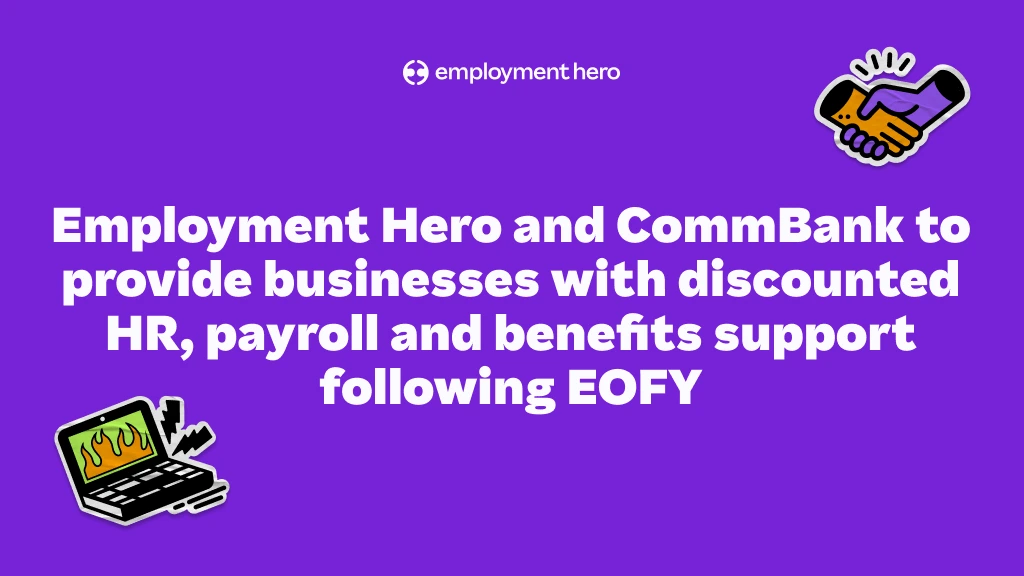When home is not safe
We’re supposed to be staying home in order to keep safe. But what if home isn’t safe at all?

Contents
We’ve all been locked away in our homes for a while now. COVID-19 isolation might be getting to you.
COVID-19 isolation is more difficult – and dangerous – for some.
Perhaps you’re going a bit stir-crazy, or perhaps there’s something far more serious at play. Domestic abuse is a horrible reality for many people. And COVID-19 isolation measures could be making it worse. We’re supposed to be staying home in order to keep safe. But what if home isn’t safe at all?
If you or someone you know is struggling with the challenges of isolation, there are ways to stay connected. 7 ways to stay connected in social isolation. Maintaining connections can help alleviate some of the stress and loneliness.
Abuse takes many forms
Abuse is defined as any pattern of behaviour or interaction which is intentionally harmful. Within our own four walls, abuse can take many different forms.
The perpetrator can change; it might be an intimate partner or spouse, a parent, a sibling, a housemate or even a child. The form can change; it might be sexual, physical, financial, emotional or verbal.
Fear is the element which ties together many different kinds of abuse. Domestic abuse creates fear. It makes you feel unsafe in your own home. So it’s easy to see why COVID-19 isolation is making life even more difficult for those with abusive home situations. Recognition is a key step forward.
When there has been a long history of abuse, it can slip under the radar. It can be extremely difficult to identify abusive situations within your own home. If you’ve been feeling unsafe during home isolation, it’s worth taking a moment to check-in. NSW Communities & Justice has a great resource for defining and identifying abuse.
Create safe communities
Even if home isn’t safe, your community can be. Perhaps you are fortunate enough to live in a safe home, but you’re worried about a friend or colleague. You know a bit of their story and you’re concerned about how COVID-19 is impacting their home life. What do you do?
As we’ve just said, identifying abuse can be a difficult first step. There is help available – but people are unlikely to make use of it unless they recognise their situation as abusive. You can help by being a supportive community member.
- Ask good questions and listen carefully to the answers. Ask about home situations and family life with genuine curiosity and concern. Everyone’s got family issues to deal with – so there’s no need to feel weird about asking. If you hear things which cause alarm, keep track of them and be ready to follow up with further questions.
- Make a pact with your friends or colleagues. Perhaps you could send out a simple group message; ‘If anyone finds themselves in an unhappy or unsafe home situation during isolation, I just want you to know that I’m here to talk. If you need someone to check up on you, don’t hesitate to ask. No judgement’. You might be surprised who responds.
- Maintain friendships and foster community. Abuse grows in silence. Keep up contact with your friends and loved ones as a great abuse prevention method. When victims feel known and connected, they’re more likely to reach out for help.
If you or your friends are feeling anxious about the current situation or post-lockdown life, there are resources to help cope with these feelings.
Help is here
Abusive home situations are incredibly difficult and damaging. There are often many complicated factors at play. However, in recent years government agencies and NGOs have been working hard to provide better resources to help people in these situations. There are so many resources available.
Perhaps these resources will be helpful for you – or perhaps there might be some links you can send to friends. Educate yourself and remember, help is near.
- The NSW Government has great educational and awareness resources.
- White Ribbon helps raise awareness about abuse and provides assistance for people in abusive relationships.
- Domestic Violence Resource Centre Victoria collates great resources and is a hub for finding the right help. Domestic Violence NSW provides similar services.
- The National Domestic Violence Hotline, 1800 Respect, and LifeLine are ready to listen – and help.
- Reach Out is another good website to have on hand.
- The Kids Helpline not only provides kid-friendly support but also provides some excellent explanatory resources to help everyone better understand and recognise abuse.
During these uncertain times, it’s important to find ways to manage the stress and uncertainty that the pandemic has brought into our lives.
It’s also crucial to support those on the frontlines who are working tirelessly during this pandemic. Their well-being is essential to the overall health of our communities.
You are not alone (seriously)
More than 2.2 million Australians have experienced abuse. It is a heartbreaking reality which many organisations and individuals are working to change. The truth is — you are not alone. If you are suffering from abuse, you are not alone. If you’re supporting someone in an abusive situation or just worried about a friend, you are not alone.
There are many, many people in your community, real and digital, who are in this with you. There are people who can sympathise as well as experts who can help. If you need support at any time of day or night, please make use of one of the above resources.
If you’re in immediate danger, dial 000 for police or ambulance.
Related Resources
-
 Read more: The ‘work-life balance’ trap: Why promising it is hurting your SME recruitment (and what to promise instead)
Read more: The ‘work-life balance’ trap: Why promising it is hurting your SME recruitment (and what to promise instead)The ‘work-life balance’ trap: Why promising it is hurting your SME recruitment (and what to promise instead)
For growing SMEs, work-life integration is a sustainable way to support your team and attract top talent. Explore how your…
-
 Read more: Job ad guide: How to attract top candidates
Read more: Job ad guide: How to attract top candidatesJob ad guide: How to attract top candidates
Looking to hire your perfect match? The way you pitch your open role can be the difference between landing or…
-
 Read more: Employment Hero and CommBank to provide businesses with discounted HR, payroll and benefits support following EOFY
Read more: Employment Hero and CommBank to provide businesses with discounted HR, payroll and benefits support following EOFYEmployment Hero and CommBank to provide businesses with discounted HR, payroll and benefits support following EOFY
Eligible CommBank Yello for Business customers will get the first 3 months free on any Employment Operating System subscription with…





















